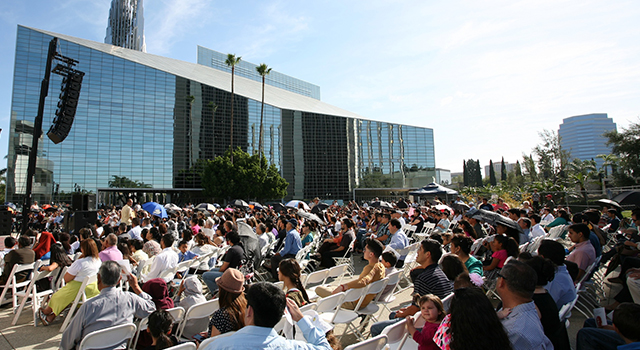This coming Thursday is the 13th anniversary of the September 11, 2001, terrorist attack on the World Trade Center and the Pentagon. Still reeling from the devastation of that date, we live in a world where terrorist attacks and bloody executions continue to shock us.
These horrific events have consequences. They can alienate and isolate us in anger, suspicion, hate, pain and hurt. On the other hand, they can motivate us to increase our efforts to connect more with each other. Isolation can give way to honest conversation, a desire for understanding and ultimately reconciliation.
In the Gospel, Jesus says that if someone wrongs us, we should go to that person and point out what happened (Matthew 18:15-17). Another way to put it is to say that when there is conflict, communicate. We know what happens when we don’t. We get bitter, we harbor resentment. We grow distant from the other person or group. We start making things up that are not true.
The point of our existence as human beings and certainly as people of faith is not to live in isolation but rather in community. So Jesus tells us, communicate. Talk first to the offender. Then, if necessary widen the circle, bring more people into the conversation. Offenses that go unattended fester. If the only response is retaliation, the circle of violence will just get bigger.
The philosopher John O’Donohue once said, “Every conflict in the world, whether it be 5 minutes ago or 50 years ago is ultimately resolved by coming to the table and talking. Why don’t we just come to the table in the first place and skip all the destruction and hurt that goes on in between?”
In a few days, we will commemorate one of the most tragic events in the history of the United States. That terrible day can be redeemed if it motivates us in our families, our relationships, as a parish, a Church, a nation, a world to come to the table and talk.
